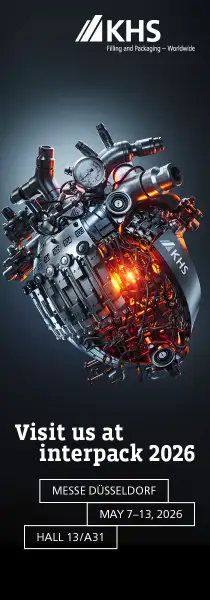Plastic circularity: German Federal Environment Agency presents mixed findings on chemical recycling

Chemical recycling converts polymeric waste by transforming its chemical structure, making it suitable to reuse as a raw material. A newly released report by the German Federal Environment Agency (UBA) finds that the process is more environmentally sustainable than incineration but less so when compared to other types of recycling.
There are different chemical recycling technologies that use processes such as pyrolysis, gasification, hydro-cracking and depolymerization.
The evaluation of thermochemical plastics recycling techniques, thermochemical plastics recycling was conducted based on liquefaction, pyrolysis and gasification. It finds that, in practice, liquefaction processes can achieve hydrocarbon yields of around 80%. For pyrolysis processes, the value is around 70%.
“The oils contain relevant concentrations of pollutants. After processing the oils, high-value chemicals can be produced in petrochemical plants. Via the liquefaction route, yields (with reference to plastic waste) of around 50% (increaseable to 60% by utilizing by-products) are achieved. The yields determined for pyrolysis are around 45%,” the UBA report finds.
“The basket of products method shows that chemical recycling processes for plastic waste are significantly less beneficial than mechanical recycling in terms of energy consumption and GHG emissions and moderately less beneficial than recycling in cement plants. In comparison with waste incineration plants and RDF (Refuse-derived fuel) power plants, the chemical recycling routes show advantages in terms of GHG emissions.”
Industry Implications
Companies engaged in chemical recycling, such as Südpack’s Carboliq, highlight some of its findings, while questioning its methodology.
“We welcome the UBA’s revised position on chemical recycling. The significant role of mechanical recycling underlined in the report is undisputed. Mechanical and chemical recycling must be considered as complementary processes. Decisions on investments and support projects should be based on unequivocal efficiency criteria,” Carboliq states.
 The shareholders and management of Carboliq are satisfied with UBA’s verdict on chemical recycling.“However, the evaluation method applied here falls short. Frequently, it makes sense to use mechanical treatment followed by chemical processing. Some waste is not capable of mechanical recycling. For these materials, chemical processes should be used in the first stage so that the hydrocarbon, as a valuable resource, remains in the loop.”
The shareholders and management of Carboliq are satisfied with UBA’s verdict on chemical recycling.“However, the evaluation method applied here falls short. Frequently, it makes sense to use mechanical treatment followed by chemical processing. Some waste is not capable of mechanical recycling. For these materials, chemical processes should be used in the first stage so that the hydrocarbon, as a valuable resource, remains in the loop.”
The company says that the pyrolysis and oiling processes in question were compared and evaluated on the basis of operating data from the plants used, as well as comparative laboratory analyses.
“According to the findings, the oiling methods achieved a better relative result. At an equal level of technical maturity, the carbolic process is distinguished by a broader range of possible input materials as well as a greater liquid yield.”
The shareholders and management of Carboliq are satisfied with UBA’s verdict on the technology. “They are now ready to take the next steps toward a first industrial application.”
Divergent perspectives
According to the EU trade organization Plastics Europe, chemical recycling can complement other plastic recycling options like mechanical, dissolution and organic recycling.
Speaking at the “Closing the loop on chemical recycling in Europe” event in Brussels, Belgium, Markus Steilemann, president of Plastics Europe and CEO of Covestro, stated: “Chemical recycling is a game-changer and a key building block of the circular economy — not only in Europe.”
“This increased investment confirms the determination of the industry to address the problem of plastic waste and supports the EU Green Deal’s climate and sustainability ambitions. However, this is just a starting point, and sizeable investments are still needed to fully capture the value of this technology.”
Meanwhile, NGOs and environmental organizations such as Beyond Plastics and the International Pollutants Elimination Network have argued that chemical recycling presents a “dangerous deception” that does not go far enough in tackling the dangers of plastic production.












